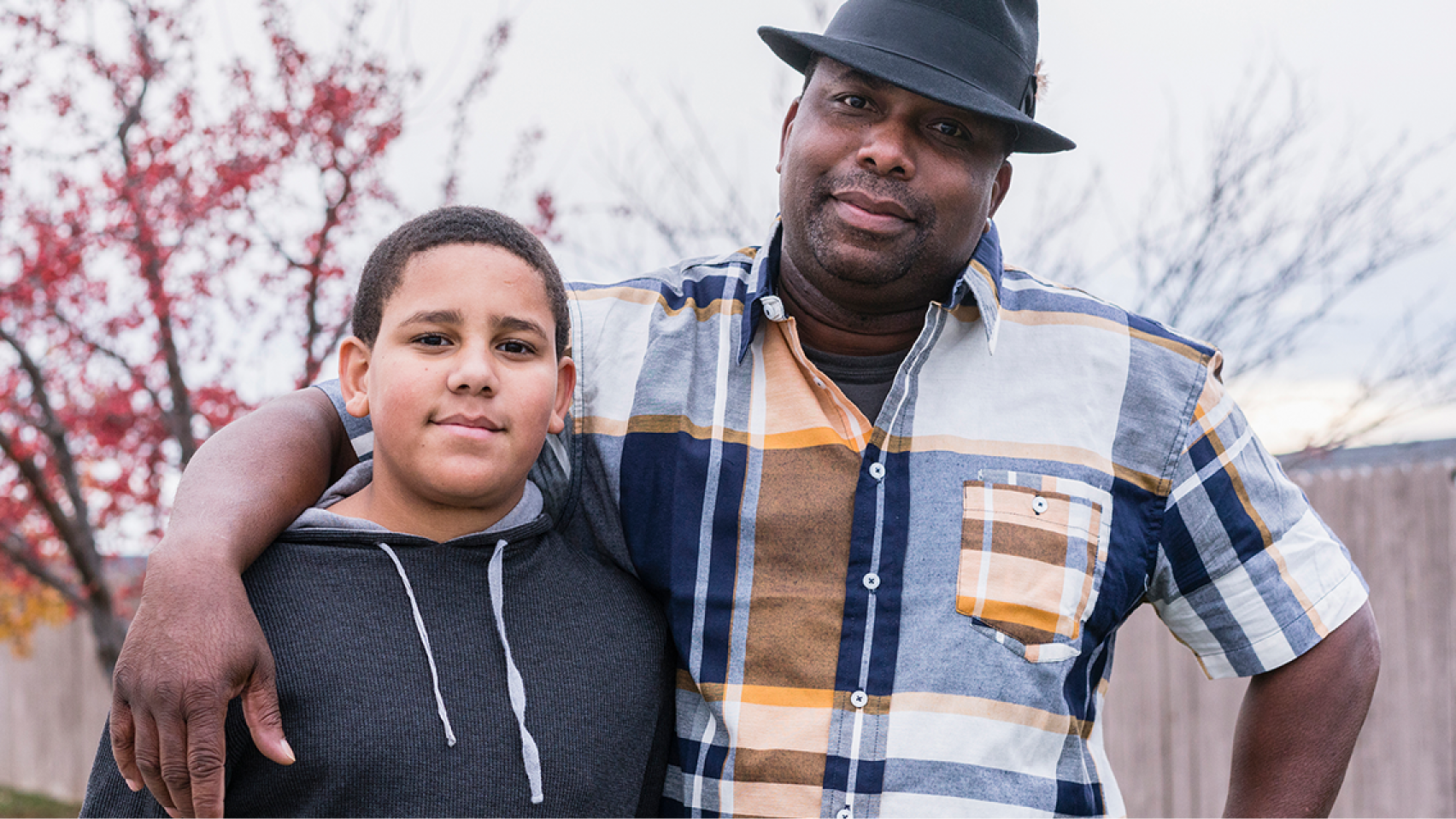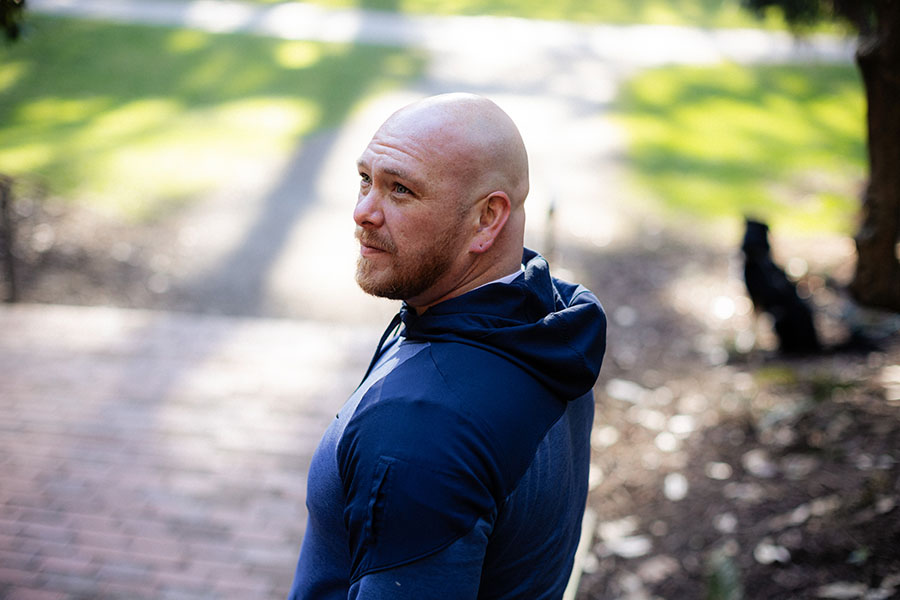Warning signs your child is struggling with anxiety or depression

It’s not just adults who experience anxiety and depression—kids can, too. But the symptoms in children and teens can look different than in grown-ups. It can be tricky to tell if your child is just going through a stage of growing pains or if they are dealing with depression and/or anxiety.
Here are the signs to watch for in your children:
- Sadness that lasts for two weeks or more
- Big changes in their personality, mood or behavior
- Changes in how social they are or staying away from other people
- Having outbursts or being very moody
- Loss of appetite leading to weight loss, or increased appetite leading to weight gain
- Trouble sleeping
- Trouble concentrating
- Getting frequent headaches or stomachaches
- Doing poorly in school
- Ditching school
- Using drugs or alcohol
- Hurting themselves or talking about hurting themselves
What to do if you think your child has anxiety or depression
If you think your child may have anxiety or depression, don’t hesitate to reach out to their health care provider, such as their pediatrician. Describe the behaviors in your child that concern you. It’s also a good idea to consult your child’s teachers, close friends, your relatives and other caregivers to see if they have noticed a change in your child. If so, tell your child’s health care provider about those observations as well.
Try to talk to your child about what’s troubling them. You can also suggest they talk to someone else they trust, such as a school counselor.
Remember that just because your child is experiencing depression or anxiety does not mean you did something wrong. These conditions are complex and are often due to a number of factors, many of which may be outside your control. These include a family history of depression or anxiety, stressful life events, having other health conditions and being bullied.
The best thing you can do for your child if you think they are struggling with their mood is to get them help. Early treatment helps kids to manage their symptoms and supports their emotional well-being as they grow up, helping them become more confident adults
Depression and anxiety resources
Crisis support
Visit Suicide & Crisis Lifeline, call or text 988, or chat online.
Free/low-cost screenings
Contact your health care provider, county mental health office, or coordinated care organization (CCO).
Peer support, groups and classes
Visit NAMI Oregon, the Oregon chapter of the National Alliance on Mental Illness (NAMI).
For CareOregon members
Review CareOregon mental health resources, which include counseling, therapy, substance use treatment, and medication.









